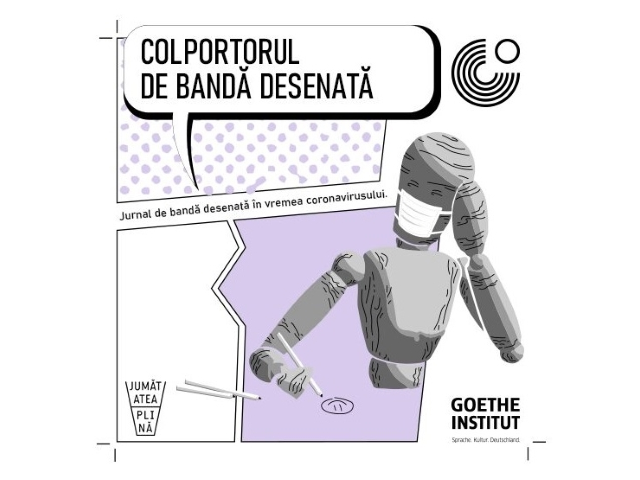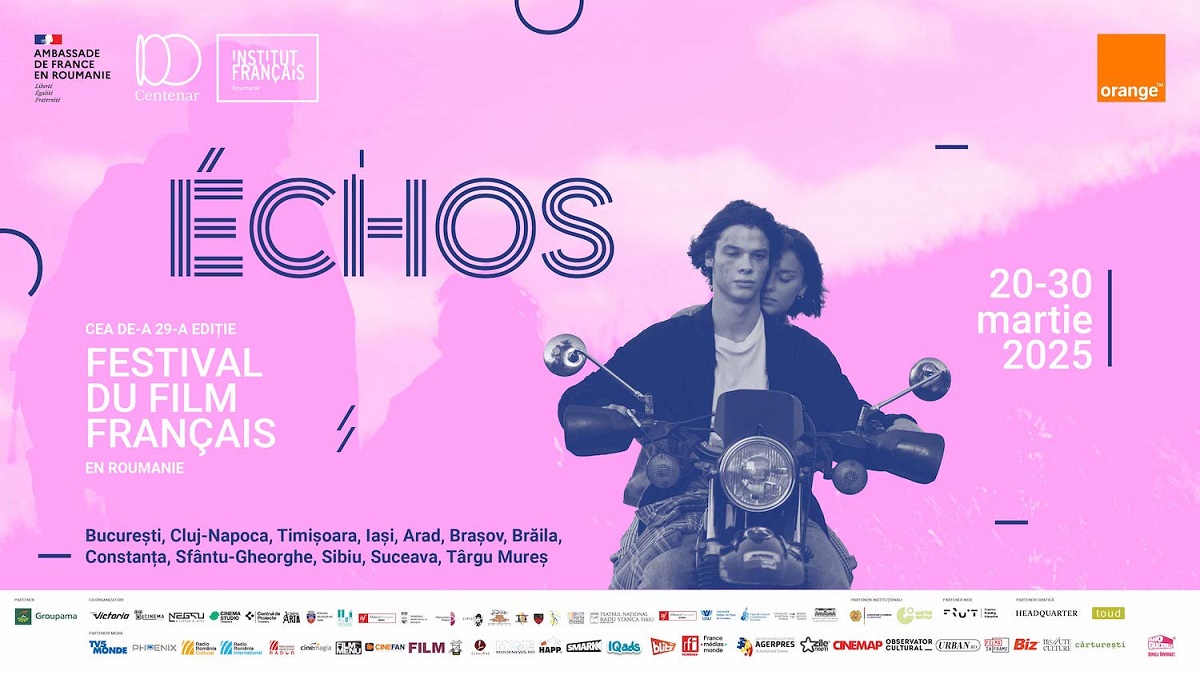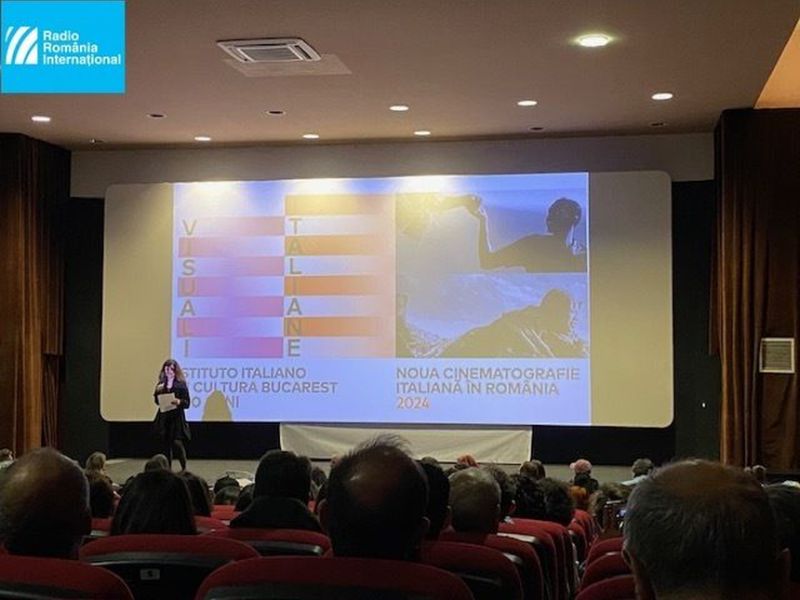The Comic Book Compiler at Goethe Institute
During the isolation period, cultural projects switched to the online medium

Monica Chiorpec, 04.09.2020, 14:00
During the isolation period imposed by the authorities, cultural projects switched to the online medium. This was the case with the programmes of the “Goethe Institute in Bucharest as well. Jointly with an association called “Jumătatea plină, they put together for visual art lovers a project called “The Comic Book Compiler. Here is Octav Avramescu, president of “Jumătatea plină Association, with details:
Octav Avramescu: “During these slightly different times that we are living, a number of comic book festivals were scheduled to take place and books should have been released, a very interesting, if not very intense activity would have carried on in the field of comics. But it wasnt meant to be, so together with Goethe Institute we figured we could put together an online project, selecting 20 Romanian artists of all ages to share their experiences during the isolation period.
Mihai Ionuț Grăjdeanu is one of the 20 Romanian artists who took the challenge launched by the initiators. We asked him about his participation in the project:
Mihai Ionuț Grăjdeanu: “I was only assigned one strip, one page, where I drew and expressed my feelings about this situation. An artists lifestyle, the lifestyle of a freelancer who works from home as a rule, is not necessarily very different from some of the aspects introduced by the military order. For instance, when you work on a comic book, whether its a graphic novel or a comic album, there is a self-imposed concentration and austerity period, which may take 3 to 6 months, so as to complete as many pages of comics.
For a comic strip creator in Romania, cultural events are fairly regular throughout the year. The entirely special situation these past months took everything into the online, including visual projects, so Mihai Ionuț Grăjdeanu had to adapt, just like most artists, to the new state of affairs:
Mihai Ionuț Grăjdeanu: “For quite a while now, for about 7 years, I have also been organising exhibitions, both for myself and for other comics artists. I work with several museums, I handle exhibition openings, and, most importantly, I teach comics in public and private schools. I developed a number of digital projects, actually this March we launched a new issue of a magazine called “BD Historia, historic comic strips, with the launch and sale orders done online.
Comics are more than just mere drawing in successive frames. Mihai Ionuț Grăjdeanu explains the functions of this type of art:
Mihai Ionuț Grăjdeanu: “The strip I designed and drew looks like a house plan, drawn on a page, where the frames are the walls of the house. You can see a little out the window, on the outside as well. This is how I decided to structure my page. I introduced a number of messages and information, in the text. This type of comics can fit into several genres. There are comic books inspired from history, and this is suitable because this page points to a real life moment in our world. But it is also a humorous strip, because I used satirical dialogues.
Apart from these, one cannot ignore the social and educational value of the works included in the “Comic Book Compiler project. Moreover, Mihai Ionuț Grăjdeanu sees them as potential resources for research into life during the pandemic:
Mihai Ionuț Grăjdeanu: “In the future, these can be used as reference graphic documents, because there is a specific period in time which is illustrated here. Above all, it is carefully produced, so it can be a reference work for research in various fields. There are also web comics, which people can read on their phones and tablets.
The greatest advantage of this type of visual art is actually its accessibility to the public, although the story is concentrated on only one page. Octav Avramescu is back with details.
Octav Avramescu: “Comics are a medium that can be playful, but not necessarily always so. It is not only a cartoon or a gag, it tells a story. It is a form of story-telling. And the authors used images to tell simple stories, that we can all relate to. And as images, they circulate with great ease.
“The comic book compiler at Goethe Institute in Bucharest will continue this autumn, and will include artists from Germany as well.
Octav Avramescu: “This was a time of recalibration, because an artist or a cultural operator benefits from constraints. Art benefits from constraints. There are a lot of ideas we have been working on and which we will implement. This project has not ended here. The 20 authors that took part in the “Comic Book Compiler will put together an exhibition at some point this autumn, when restrictions are eased.
Other artists who took part in this online project are Mircea Pop, Giorge Roman, Ileana Surducan, Maria Surducan, Octavian Curoșu, Timotei Drob, Xenia Pamfil, Cristian Dârstar and Octav Ungureanu.
(translated by: Ana-Maria Popescu)





























